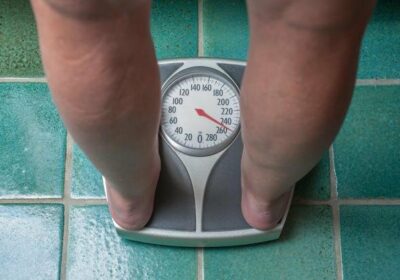
Importance Of Nutrition After Bariatric Surgery
Weight loss surgery is an adequate solution for individuals struggling with obesity or those suffering from weight-related health issues. The journey towards a healthier lifestyle doesn’t end with the surgery; post-operative care plays a crucial role in ensuring a successful transition. Nutrition has a powerful impact on the overall recovery process and long-term outcomes, making it essential for patients to understand its importance and follow the recommended dietary guidelines.
Optimal Healing and Recovery
After weight loss surgery, your body enters a healing phase, during which it is crucial to consume nutrients that aid in recovery and tissue repair. The right nutrition provides your body with essential vitamins, minerals, and proteins, which are necessary for wound healing, immune system support, and maintaining energy levels. To achieve the best effects and smooth recovery after your weight loss surgery, working closely with experienced healthcare professionals can make all the difference. If you are considering bariatric surgery, do not hesitate to consult a qualified weight loss surgeon in Baltimore for a comprehensive assessment of your individual needs and appropriate guidance throughout your weight loss journey.
Sustainable Weight Loss and Health Improvements
To achieve long-lasting weight loss results and significant health improvements, proper nutrition is essential. Consuming a balanced diet containing all the necessary nutrients helps maintain a healthy metabolic rate and promotes weight loss. Adhering to a regular eating schedule, consuming smaller portions, and choosing nutrient-dense, low-calorie foods are essential steps in maintaining your weight after surgery. For more guidance on this subject, you can refer to this helpful blog post on foods to avoid after bariatric surgery.
Preventing Nutrient Deficiencies
One of the risks associated with weight loss surgery is the potential for nutrient deficiencies due to reduced nutrient absorption or the inability to consume sufficient food intake. To keep your body functioning adequately and prevent issues such as fatigue, poor immune function, and hair loss, it is crucial to follow a nutrition plan specifically tailored to your individual needs. Regular doctor visits, blood tests, and vitamin and mineral supplements are crucial in the prevention and early identification of deficiencies.
Enhancing Psychological Well-being
Post-operatively, it is vital to embrace healthy eating habits and make mindful choices, as the relationship between food and mental health is well-established. Consuming a variety of nutrient-rich foods can enhance your mood, increase energy levels, and promote better sleep, thus ensuring a more enjoyable post-surgery experience and long-term success.
To Sum Up
Nutrition plays a pivotal role in every aspect of the post-operative journey, from physical recovery to long-term weight management and overall well-being. By proactively following the recommended dietary guidelines and working with your healthcare team, you can significantly improve the chances of successful weight loss surgery results and enjoy a healthier, happier lifestyle moving forward. Thank you for reading!


















